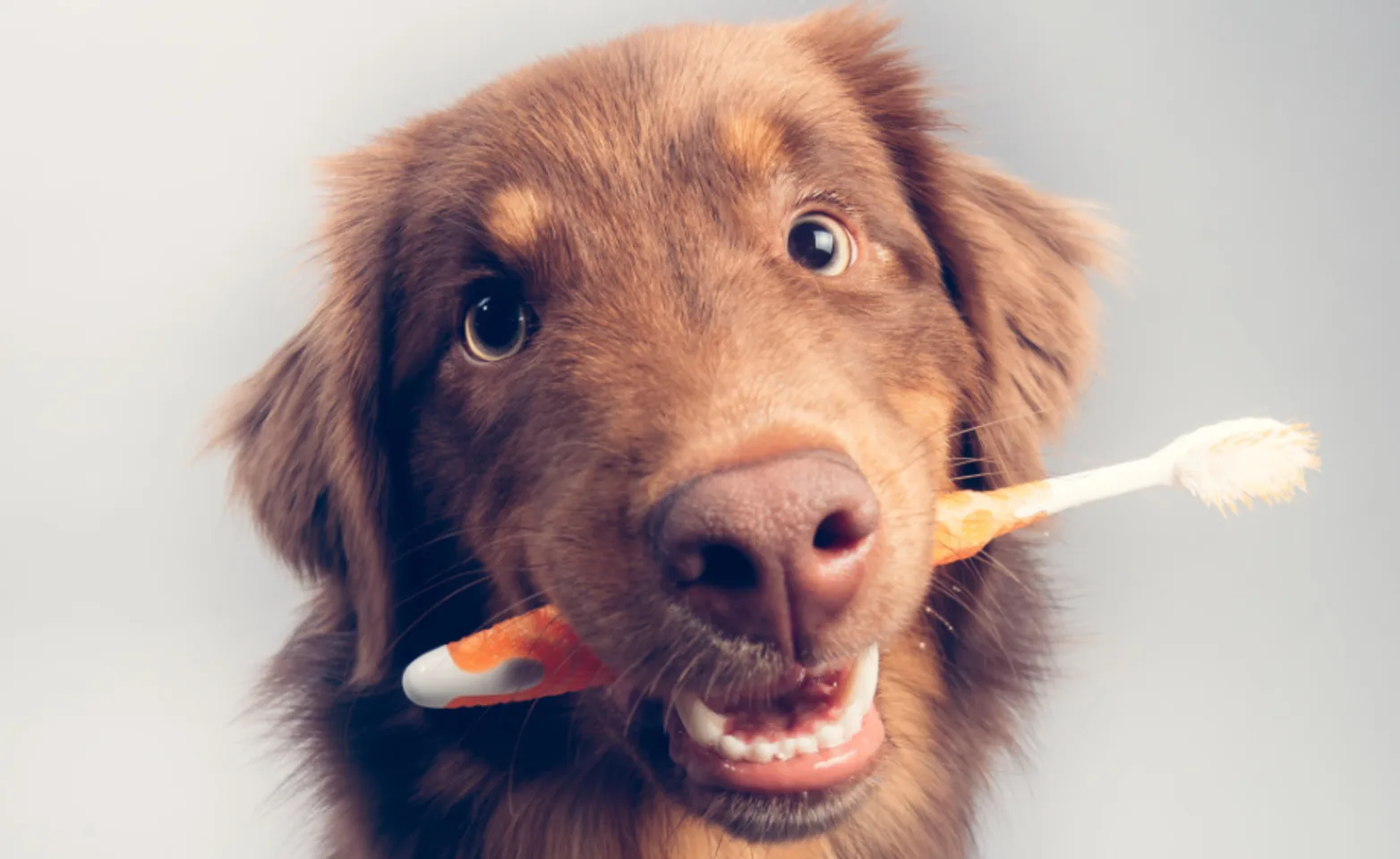Virginia Veterinary Centers

Dentistry & Oral Surgery

Oral and dental diseases can occur unexpectedly, affecting the lives of our family pets. Periodontal (gum) disease is ranked as the most frequent clinical condition diagnosed in our pet companions and can lead to bad breath, significant oral pain, lack of appetite, and other more severe conditions.
At Virginia Veterinary Centers, we always recommend that you consult with your primary veterinarian should you develop any concerns with your pet’s oral health. Your veterinarian can then recommend a consultation with Dr. Sam Babbitt, our board-certified veterinary dentist, and oral surgeon. Our surgical dentistry department is ready and prepared to provide the best treatment and care for your family pet.
Conditions requiring advanced dentistry & oral surgery services include:
Oral Malodor or Inflammation: Severe gingivitis or inflamed oral tissue can indicate serious systemic disease and should never be dismissed simply as bad breath.
Malocclusions: Misaligned bites
Fractured Teeth: Teeth with exposed pulp must be treated or they may become infected and result in an abscess. Vital pulp capping or root canal therapy can often salvage fractured teeth.
Oral Defects: Congenital or traumatic defects requiring specialized oral surgery training, including cleft palate repair and closure of oronasal fistulas.
TMJ Abnormalities: Evaluation and treatment of congenital or acquired conditions that affect the function of the TMJ (temporomandibular joint).
Dental Services:
Dental Radiology: Tooth assessment for dental disease, oral tumors, fractures, and TMJ evaluation.
Endodontics: Treatment of fractured teeth/pulpitis, pulp exposure, root canals, crown reductions, and tooth abscesses.
Jaw Fracture Repairs: As with orthodontic conditions, jaw fracture repairs require proper teeth alignment to maintain functionality. Additionally, most jaw fractures are associated with significant dental disease or tooth trauma.
Neoplasia: Surgical treatment of oral tumors.
Oral Surgery: Difficult extractions, jaw fractures, palate defects, oronasal fistulas, oral tumors, and dislocated teeth.
Orthodontics: Correction of common malocclusions, orthodontic appliances, bite evaluations, and genetic counseling.
Periodontics: Treatment of periodontal tissue, which supports the teeth. Procedures include tooth scaling and polishing, root planing, mucogingival surgery, and guided tissue and bone regeneration.
Restorations: Cast metal crowns, fillings, esthetic bonding, bridges, and implants.
Oral Surgery: Difficult extractions, jaw fractures, palate defects, oronasal fistulas, oral tumors, and dislocated teeth.
What is a board-certified veterinary dentist?
Board-certified veterinary dentists focus on the diagnosis and management of genetic and acquired oral diseases and conditions. In addition to completing undergraduate training and four years of veterinary school, board-certified dentists complete 3-4 years of additional training, including an internship and residency in their specialty. This training is followed by a rigorous examination from the American Veterinary Dental College. Passing this examination grants the status of Diplomate of the American Veterinary Dental College (DAVDC).
Board-certified dentists work together with primary care veterinarians and other specialists to ensure that pets have good oral health.
